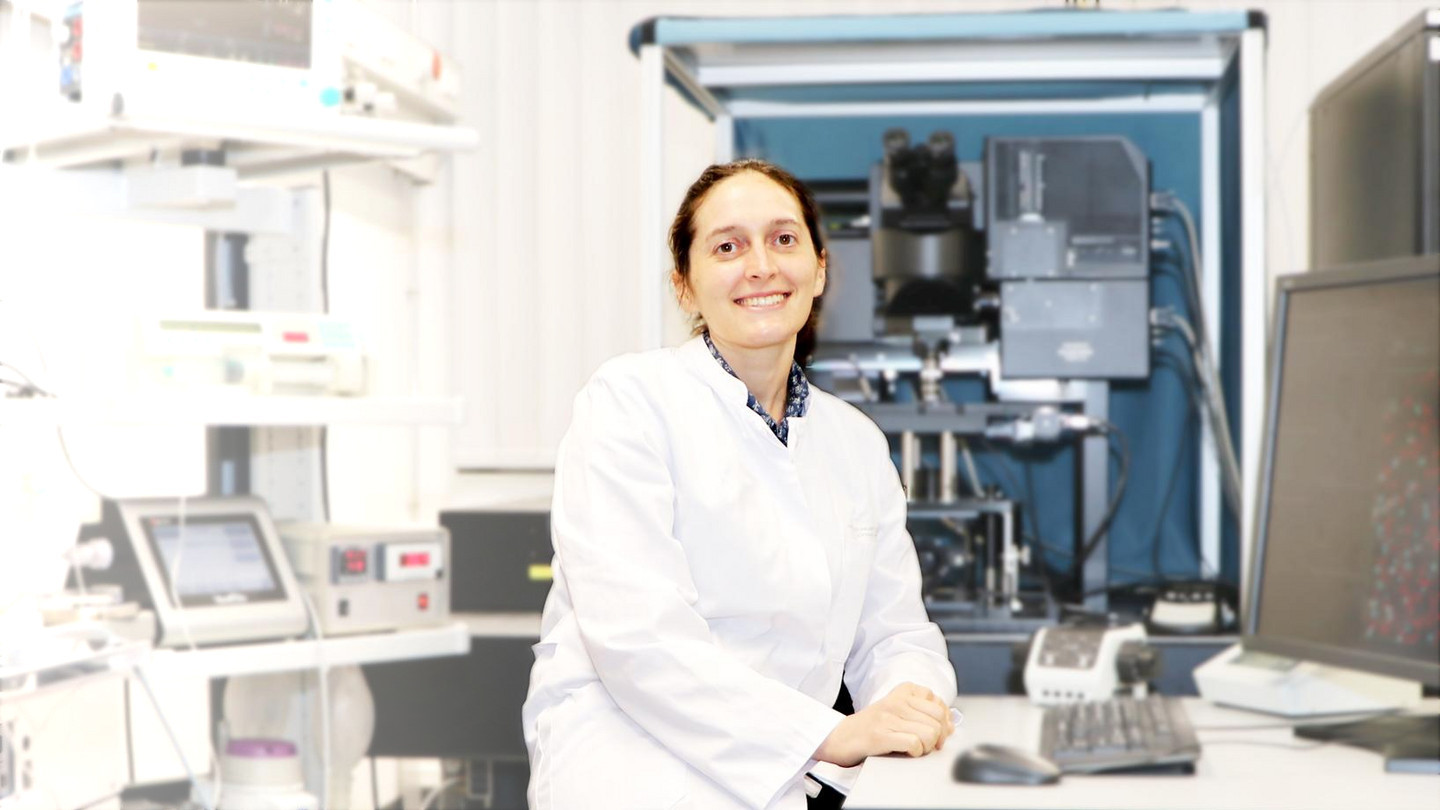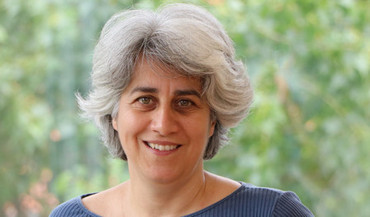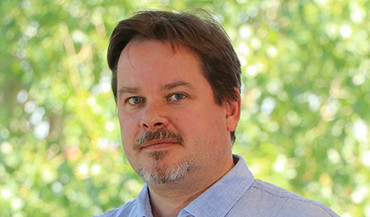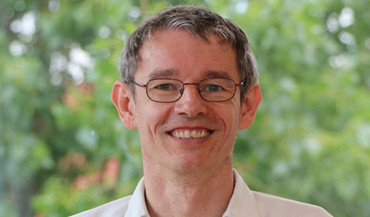Research focus
In the healthy state, cellular and soluble parts of the immune system are almost completely excluded from the nervous system. This is fundamentally different in a pathological state, where the nerve tissue actively supports immune processes, i.e. immune factors are produced and released within the brain. In this stage, inflammatory cells also gain the ability to invade the brain. The role of these cells in the pathogenesis of specific diseases is often obscure. For multiple sclerosis, however, it is assumed that immune cells – T and B cells – falsely detect the brain tissue as foreign and launch an attack that eventually leads to its destruction.
The institute is dedicated to elucidating the mechanisms and factors that permit immune cells to enter the central nervous system, to communicate in this milieu and to exert damage to the brain tissue.
The following objectives are being pursued:
- revealing the basic principles underlying pathogenesis in (auto)immune diseases of the nervous system
- finding and developing new therapeutic approaches
- analyzing the mechanisms of action for (adverse) effects of new therapeutic procedures
Below you can read about the research projects and technologies employed by our research groups:



